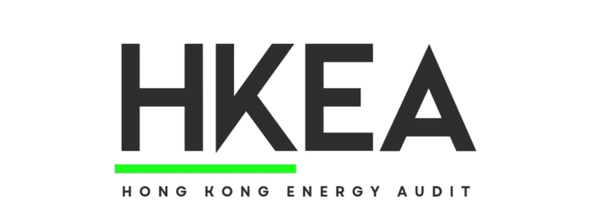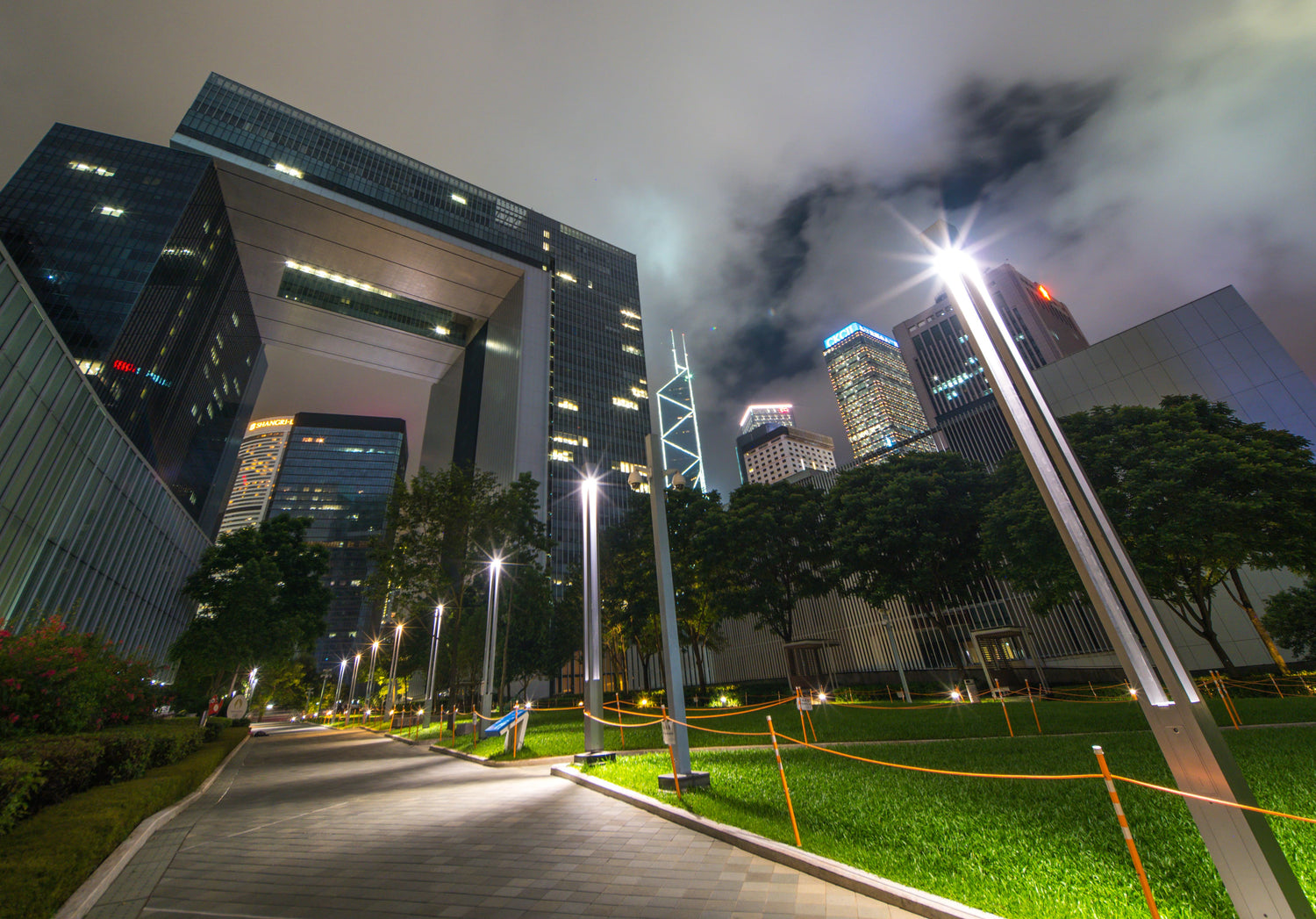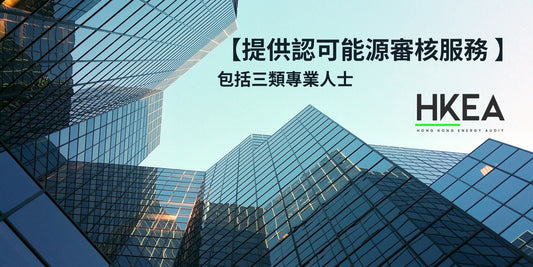
3 major things when selling electricity
Share
Everyone has heard about selling electricity, but they may not be familiar with the process or benefits of selling electricity. Before considering installing solar panels, you must be clear about the regulatory restrictions. Otherwise, the government has the right to remove the solar panels after you install them and you will suffer consequences. Loss, under the global carbon reduction goal, the use of renewable energy is a very recommended way. Whether it is a village house, a detached house, or an industrial and commercial building, you can consider selling electricity as a hedge against electricity bills.

Electricity selling price
According to the latest announcement from CLP and HK Electric on the on-grid tariff, the income from electricity sales will be calculated based on the generation capacity of the renewable energy system:
Power generation capacity
Less than or equal to 10 kilowatts HKD$4 per kilowatt hour
More than 10 kilowatts but less than or equal to 200 kilowatts HKD$3 per kilowatt hour
More than 200 kilowatts but less than or equal to 1 megawatt HKD$2.5 per kilowatt hour
Each solar panel device will be equipped with an independent electricity meter to record the amount of electricity produced. After the solar energy is converted into electrical energy, the direct Hong Kong electricity needs to be converted into AC electricity through a power inverter before it can be output to CLP or HK Electric through the power grid to earn money. Profit from selling electricity.
Calculated in terms of electricity charges, CLP charges about HKD$1.5 per kilowatt hour; HK Electric charges about HKD$1.6-$1.7 per kilowatt hour. The estimated investment period for installing solar photovoltaics is 3-5 years, and the annual return rate can reach 18-20%. Therefore, solar panels are widely used in Hong Kong is everywhere, and even solar panels are installed on the tops of buses.
Preparation before selling electricity
Of course, you need tools to sell electricity. The most common one is a solar panel composed of blue squares (batteries). If it is installed in the open space of a building, there are three major precautions :
1. Installation restrictions on solar photovoltaic systems
When installing solar photovoltaic systems, village houses and detached houses can only be installed on the rooftop, and there must be no hidden structures in the installation area (including those that have been reported and were Unauthorized structures confirmed by the Buildings Department must also be removed), and there are restrictions on the height, area and application of the system.
Solar photovoltaic system on the roof
* The height of the system including the brackets shall not exceed 2.5 meters from the rooftop floor.
*The average load shall not exceed 150kg per square meter.
* The system part shall not protrude more than 75cm from the exterior wall.
* If the system is installed with continuous coverage, its coverage area (only the covered area within the house is calculated) shall not exceed half of the covered area of the building.
* For systems installed in groups, the coverage area of each group (only the covered area in the house is calculated) shall not exceed 5 square meters, and the distance between each group shall not be less than 1 meter.
Solar photovoltaic system on the stair canopy
* The height of the system including the brackets shall not exceed 1.5 meters from the stair ceiling.
*The average load shall not exceed 75kg per square meter .
* The system must not extend beyond the edge of the roof by more than 75cm .
Things to note before installation
* The space under the solar photovoltaic system must not be enclosed.
* The installation of the system must not affect the structural safety of the building.
* Systems that are more than 1.5 meters high from the rooftop floor must be certified by an authorized person registered under the Buildings Ordinance, and the relevant safety certificate must be submitted to the Lands Department for record.
* Solar photovoltaic systems cannot be installed on canopies.
2. Before installation, consult whether third-party consent is required.
* If the installation of a solar photovoltaic system is inconsistent with the land use and lease of the building, an application must be made to the Lands Department first.
* Owners who install solar photovoltaic systems in private buildings are advised to check whether there are any provisions and restrictions in the building's deed of mutual covenant before installation, or whether the consent of the owners' corporation or property management company is required to avoid losses.
3. Performance and efficiency of solar panels
The efficiency of solar panels has a close relationship with the materials used, their performance and whether the installation location is exposed to sunlight. It is best to choose contractors from the Buildings Department and Electrical and Mechanical Department websites, registers of registered electrical workers, and contractors that provide renewable energy system installation services. The business list will be more secure.
Solar panels can only be installed on rooftops, and there are limitations on the scope. Commercial building owners who want to increase power generation can choose to install solar glass curtain walls on each floor. Solar glass is no different from ordinary glass, but it has a higher effect than relying on the rooftop alone. In addition to providing energy audit services, we at Hong Kong Energy Audit, energy-saving projects are also our main services. If you want to know more about energy-saving information, please feel free to browse our website or WhatsApp our customer service for inquiries.




